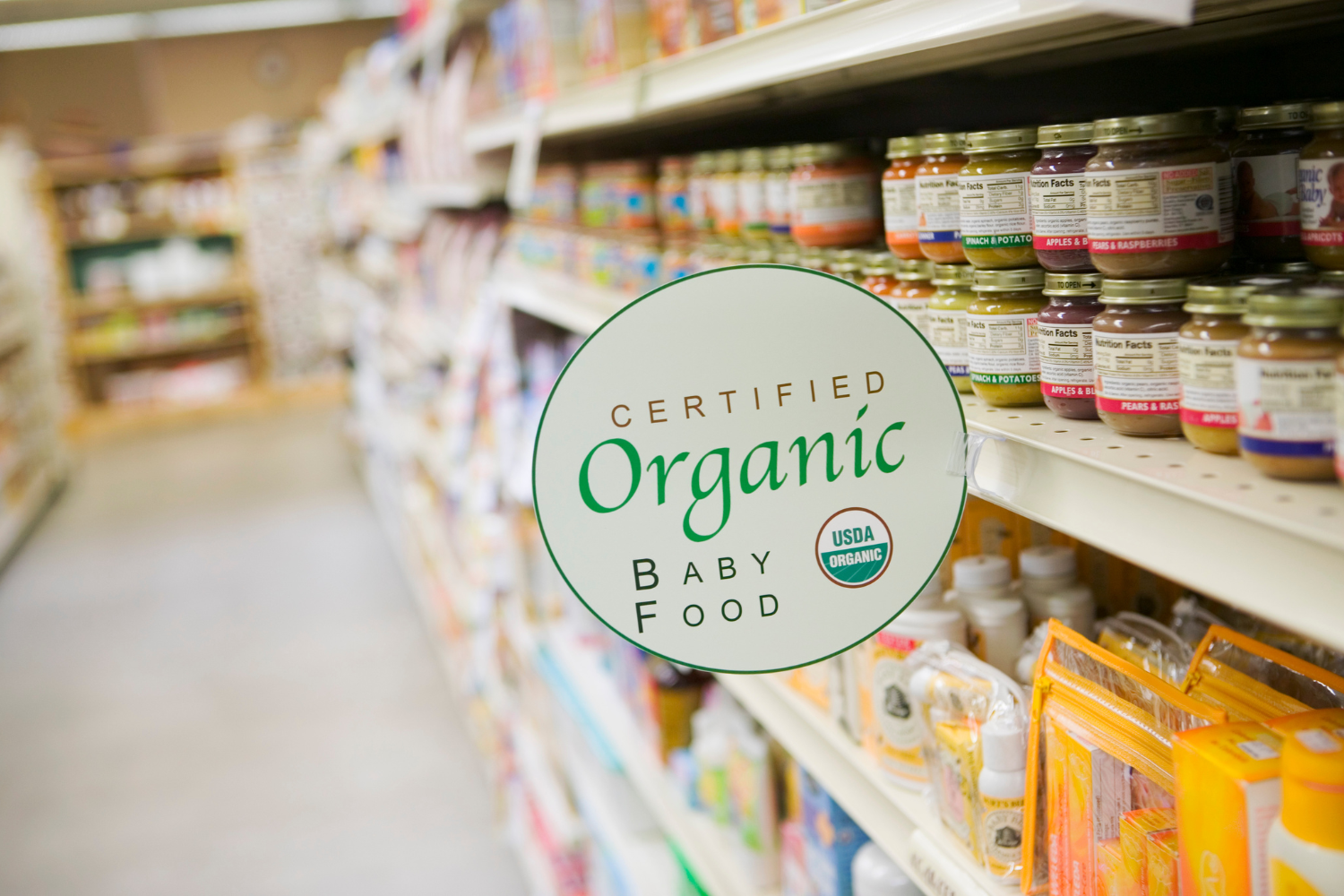This guide offers supplement brands a clear understanding of third-party testing, how to implement it effectively, and the benefits it brings in terms of consumer trust, compliance, and product credibility.
The demand for kosher-certified products continues to grow, driven by consumers seeking transparency and adherence to specific dietary requirements. This guide provides businesses with a clear understanding of the kosher certification process, the requirements involved, and the opportunities it unlocks in expanding market reach and consumer trust.
The term halal, derived from the Arabic word meaning “permissible,” is a key concept in Islamic dietary laws and practices. It extends beyond food, shaping the preparation of halal meat, food products, and even cosmetics and supplements.
USDA Organic Certification is a program that verifies agricultural products and processed goods comply with the organic standards established by the U.S. Department of Agriculture. This certification ensures that farms and businesses use organic practices, conserve biodiversity, avoid synthetic chemicals, and adhere to strict production methods.
In this guide, we will walk you through the process of applying for FDA certification with clear, actionable steps, helping your business navigate requirements, submit the proper documentation, and achieve compliance.
The NSF certification process simplifies quality assurance by confirming that products are tested, accredited, and meet industry standards for safety and sanitation. In this article, we provide a straightforward, step-by-step guide on how to get NSF certification, helping businesses understand the process, reduce food safety violations, and achieve NSF-certified status for their products or production facilities.







